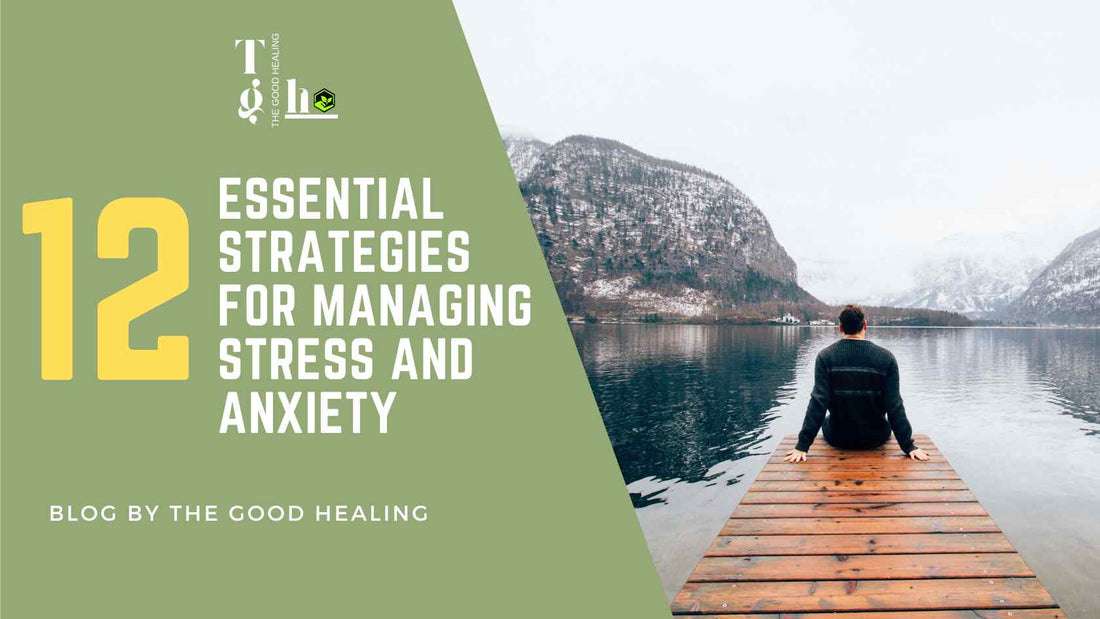In an ever-evolving world, uncertainty has become a constant companion, impacting our mental well-being in profound ways. The pressure to adapt, the overload of information, and the unpredictability of circumstances can significantly affect our mental health. Stress and anxiety become unwelcome guests, making it crucial to adopt strategies that foster resilience and promote well-being in uncertain times.
Understanding Stress and Anxiety
Stress, often a response to external pressures, can manifest in various forms—financial worries, work-related tensions, or personal challenges. Anxiety, on the other hand, is a heightened state of worry or unease about future uncertainties. Both can take a toll on mental health, leading to emotional exhaustion, physical ailments, and a diminished quality of life.
Coping Mechanisms for Stress Relief
-
Mindfulness and Meditation: Practicing mindfulness aids in grounding oneself in the present moment, reducing stress and anxiety. Techniques like meditation, deep breathing, and body scans help alleviate tension.
-
Physical Exercise: Engaging in regular physical activity releases endorphins, the body's natural mood lifters, reducing stress hormones and promoting overall well-being.
-
Establishing Boundaries: Setting boundaries at work, in relationships, and with technology can prevent burnout and help maintain a healthy balance in life.
-
Healthy Lifestyle Habits: Prioritizing adequate sleep, a balanced diet, and reducing caffeine and alcohol intake can significantly impact stress levels.
Anxiety Management Strategies
-
Recognizing Triggers: Identifying triggers that exacerbate anxiety allows individuals to develop effective coping mechanisms.
-
Cognitive Behavioral Techniques: Practicing cognitive restructuring and reframing negative thoughts can help manage anxiety by changing perspectives.
-
Seeking Support: Speaking to a therapist or joining support groups provides a safe space to express emotions and learn coping strategies.
-
Relaxation Techniques: Incorporating relaxation methods like progressive muscle relaxation, visualization, or aromatherapy aids in reducing anxiety levels.
Coping with Uncertainty
-
Embracing Flexibility: Cultivating adaptability and embracing change rather than resisting it can ease the strain of uncertainty.
-
Focus on What's Controllable: Redirecting focus on things within one's control helps manage anxiety about uncertain situations.
-
Creating Routine and Structure: Establishing a daily routine brings a sense of predictability, providing stability amidst uncertainty.
-
Practicing Self-Compassion: Being kind to oneself during uncertain times reduces self-criticism and fosters resilience.
Conclusion
When navigating the hardships of life in an ever-changing world, prioritizing mental health comes first. By implementing strategies for stress relief, anxiety management, and coping with uncertainty, individuals can empower themselves to foster resilience and maintain mental well-being. By incorporating mindfulness, healthy habits, seeking support, and embracing adaptability, one can navigate uncertain times with greater ease and fortitude.
Remember, seeking professional help when needed is a sign of strength, not weakness. Prioritizing mental health is a journey towards a more balanced and fulfilling life.

